 History
History  History
History  Movies and TV
Movies and TV 10 Actors Who Infamously Stormed Off Set While Filming
 Food
Food 10 Foods That Have Alleged Occult Powers
 Sport
Sport 10 Lesser-Known Multi-Sport Alternatives to the Olympics
 Humans
Humans 10 Real Life Versions of Famous Superheroes
 Gaming
Gaming 10 Overused Game Villains
 Mysteries
Mysteries Ten Mysterious “Ghost Ship” Stories That Still Keep Us Wondering
 Technology
Technology 10 Times AI Replaced Humans (and No One Noticed)
 Politics
Politics 10 Dreaded Despots Who Met Untimely Deaths
 Pop Culture
Pop Culture 10 Celebs Who Have Surprisingly Wanted to Be on Reality TV
 History
History Ten of History’s Hidden Secrets: Stories 99% Don’t Know About
 Movies and TV
Movies and TV 10 Actors Who Infamously Stormed Off Set While Filming
 Food
Food 10 Foods That Have Alleged Occult Powers
Who's Behind Listverse?

Jamie Frater
Head Editor
Jamie founded Listverse due to an insatiable desire to share fascinating, obscure, and bizarre facts. He has been a guest speaker on numerous national radio and television stations and is a five time published author.
More About Us Sport
Sport 10 Lesser-Known Multi-Sport Alternatives to the Olympics
 Humans
Humans 10 Real Life Versions of Famous Superheroes
 Gaming
Gaming 10 Overused Game Villains
 Mysteries
Mysteries Ten Mysterious “Ghost Ship” Stories That Still Keep Us Wondering
 Technology
Technology 10 Times AI Replaced Humans (and No One Noticed)
 Politics
Politics 10 Dreaded Despots Who Met Untimely Deaths
 Pop Culture
Pop Culture 10 Celebs Who Have Surprisingly Wanted to Be on Reality TV
10 Ways The Internet Is Destroying You
Email, videos of cats falling over, frivolous list-based websites—there’s no-denying that the Internet has given us some pretty wonderful things. However, all this awesomeness comes at a cost, and that cost is the destruction of our minds, sanity, and social lives. That’s right: For all the good it’s done, the Internet has the potential to make us very miserable, very angry, or very dead.
10 Email Is Addictive (Just Like Gambling)
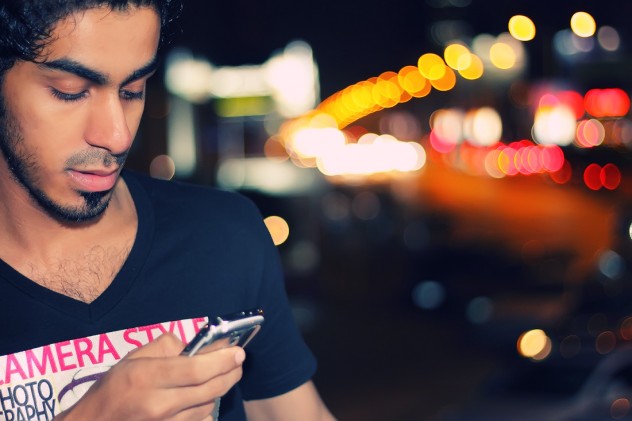
Email is one of the most useful tools to come out of the Internet. Aside from probably saving a kazillion trees, it’s allowed businesses fast and effective means of mass-communication and alerted the whole world to the tragic plight of Nigerian princes. It’s also turned billions of us into unwitting addicts.
The trouble is, email follows something called the “variable interval reinforcement schedule,” which is the same process that drives gambling addiction. In both cases, you perform an action (check your email or put a coin in the machine) in the hopes of receiving a reward (an interesting email or a whole lotta money). But that reward only comes at unpredictable times—causing you to perform the first action more and more frequently. It’s one of the strongest habit-training methods known to man, and nearly everyone who owns a computer has been subjected to it for years.
9Facebook Makes You Miserable

Facebook is the craze that refuses to die; the flash-in-the-pan website we’ve all ridiculed for years but can’t bring ourselves to quit. And according to science, it’s making us all miserable.
A joint American/Belgian study monitored participants’ Facebook usage for two weeks while simultaneously keeping tabs on their mood. They found that frequent users reported lower life-satisfaction both at the end of the fortnight and after individual visits to the site. In other words, a single visit to Facebook was roughly the equivalent of watching a puppy get punched for four hours—but the bad news doesn’t stop there. A separate German investigation discovered that the primary emotion felt by young people on Facebook is envy—as in, proper green-eyed, bile-spitting, rage-inducing envy. The theory goes that most of us inflate our achievements and happiness on our profiles, but somehow miss the logical assumption that everyone else is doing it too.
8We Get Twitter Rage
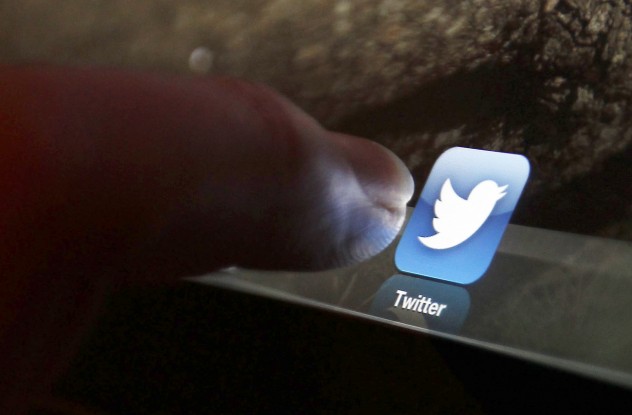
Think back to the last Tweet you saw that really caused a reaction in you. Chances are it was something that pissed you off: a liberal howling for more gun control, or a conservative snarling about abortion doctors, or whatever. Well, according to researchers, that’s because social media is basically powered by anger.
Chinese researchers studied over 70 million posts on Sina Weibo (China’s version of Twitter) to see how different emotions spread across the network. They found that anger utterly trounces every other emotion for getting retweeted—leaving joy, disgust, and sadness trailing in its wake. Now, the study obviously only looked at Chinese users, but a quick non-scientific glance at the sort of topics trending on Twitter suggests it applies over here too. In short, social media is steadily making us less happy and more angry. But that’s not all it’s doing.
7Facebook Also Makes You Racist
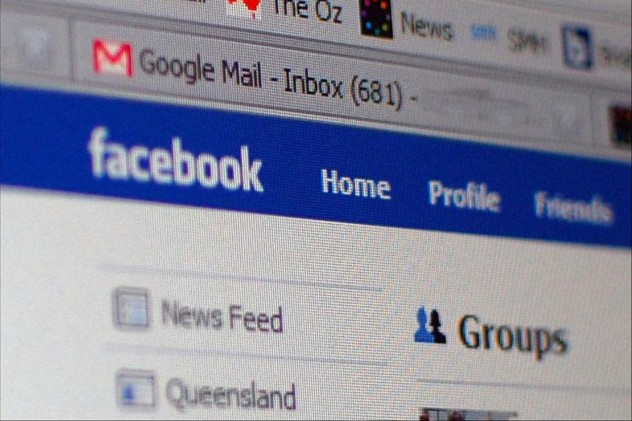
We all know that the Internet is a breeding ground for racism; anyone who thinks otherwise can try spending an hour or so surfing YouTube comments and report back. But most of us assume that it’s just jerkwads being their usual jerky selves and that most non-jerks will ignore them. Sadly, this may not be true.
A recent study looked at the links between social media use and racism and found that people who spend a lot of time on Facebook are more likely to be accepting of prejudice. Researchers set up a fake profile for a fictitious white guy named Jack Brown, then asked participants to rate how much they agreed with his statements. One statement claimed that whites were superior to blacks, another that whites are victimized by society, while a final one gave examples of anti-black prejudice “Jack” had witnessed. Overwhelmingly, those participants who were frequent Facebook users expressed strong support for the “superiority” statement, i.e., the most racist of the lot. Now, this could simply mean that racists are more likely to frequently use Facebook than us non-racists, but either way it’s a pretty grim result.
6 It Might Make You Dumber
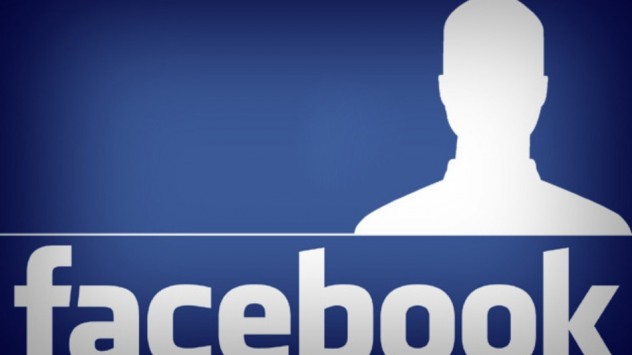
In 2009, the journal Science published an overview of studies about the effect of new media on our cognitive abilities. They found that while the Internet can increase “visual literacy skills,” that increase appears to be offset with decreases in other areas, such as critical thinking, inductive problem solving, imagination, and “abstract vocabulary.” In other words, we may be getting better at some stuff, but we’re becoming a lot dumber in other areas. And the areas we’re becoming dumber in might be more important: Critical thinking and imagination are pretty vital human traits. If we end up trading them in for super-duper “visual literacy skills,” it won’t exactly be the trade of a lifetime.
5It’s Rewiring Our Brains
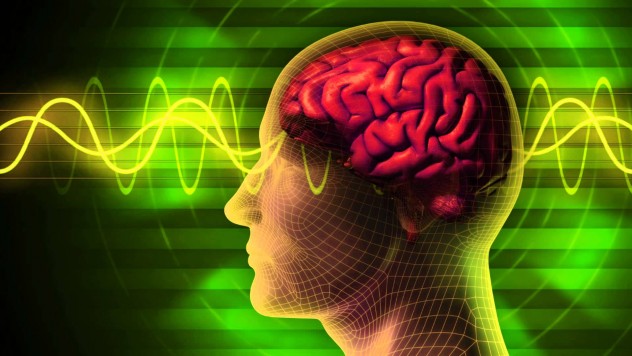
It’s pretty much undeniable that the Internet is changing the way we think and do things. But could it go so far as to actually rewire our brains? Well, in 2011, a study came out suggesting it might be doing exactly that.
By scanning the brains of 125 students in London, researchers noticed a direct link between the number of Facebook friends the students had and the amount of grey matter in certain regions of their brains. Since these regions are thought to play a part in memory, social interaction, and possibly even autism, this is kinda important.
Now, the study can’t tell us for certain whether social media is causing this rewiring or whether people with these different brain structures are simply more likely to flock to Facebook. But there is plenty of evidence that the Internet is affecting the way we behave, so who knows what else it might be doing.
4It Allows Companies To Influence Us
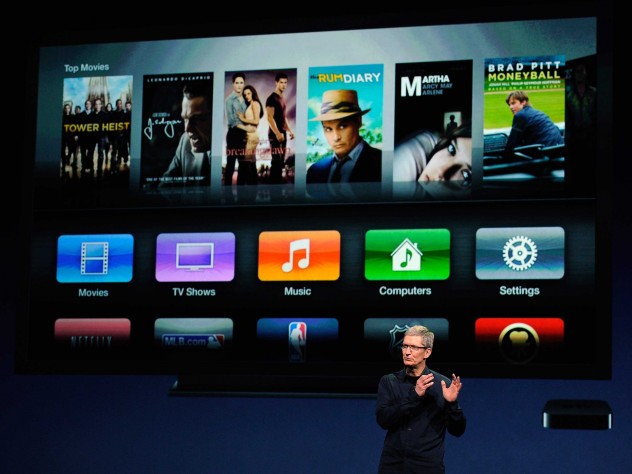
“Astroturfing” is when companies set up thousands of fake “grassroots” personalities to swamp message boards with a specific opinion in the hopes that you will notice the sheer number of comments arguing that Snooki should be president (or whatever) and be swayed by them. It’s used by everyone from tobacco companies to the US Air Force—and the terrifying thing is, it’s working.
A Canadian study got 278 students to answer a questionnaire about climate change and how they felt about it. They were then randomly assigned to view either a real climate science page, or an “astroturf” one set up to discredit the idea. What they found was that students who visited the fake pages and encountered the fake commenters were more likely to be less certain about climate change than before, even when they thought the websites were lying. That’s deeply troubling: These students were specifically affected by the astroturf sites, and astroturf sites are, by definition, big money sites intent on sabotaging honest debate. And companies are using them to acquire illegitimate influence all the time.
3It Spreads Extremism

Put simply, social media is one of the greatest recruitment tools extremists have. In 2011, the UK government declared it had “transformed the extent to which terrorist organisations and their sympathizers can radicalize people in this country.” A year later, the BBC investigated Al-Qaeda’s Twitter strategy (yep, they totally have one) and found that the terrorist organisation’s presence was “limited, rather sophisticated and increasing.” By setting up accounts in the name of wanted terrorists, they were reaching a wider audience and exerting greater influence than ever—up to and including recruitment.
But it’s not just Islamic extremists who are benefiting from social media. Norwegian scumbag Anders Breivik is known to have been radicalized by far-right websites and forums, while the Simon Wiesenthal Center estimates Twitter helped spur a 30 percent growth in web-based hate and terror forums last year. That ain’t a figure to be proud of.
2 It’s More Addictive Than Heroin
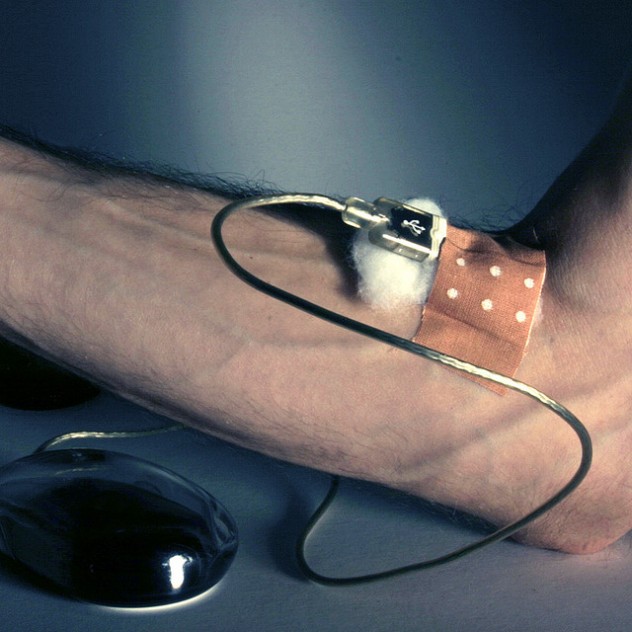
Internet Use Disorder (IUD) is a not-yet-official mental health disorder, whereby sufferers find themselves addicted to the Internet. It sounds like the sort of hilarious excuse 14-year-olds make up when their mom asks why they spend all day online, but there’s a lot of research out there that suggests it’s both very real and deeply unpleasant. Sufferers show symptoms of withdrawal when unable to get online, while those that do seem to undergo a process in their brains that’s near-identical to that experienced by cocaine and heroin addicts. That’s right: Using the Internet every single day apparently effects your brain very similarly to shooting up behind a dumpster.
1Social Media May Destroy Empathy

There’s a lot of research out there to suggest today’s youth are way less empathetic than youth 30 years ago—precisely 40 percent less, according to the study cited in that link back there. Students today are less likely to feel for others, to show concern for others, and are significantly worse at prescriptive talking—the ability to perceive other people’s thoughts, feelings, and motivations. No one knows for sure why this is. It could be a wider societal problem, or down to the cultural rise of aggressive individualism, but some think the blame lies firmly at the door of social media.
Think about it: We’ve all watched videos of someone getting hurt or humiliated (usually both), before tweeting them on to all six of our followers. We’ve all laughed at that douchebag who got his painful comeuppance on TV, or that overweight person wheeling themselves around Walmart. Does that sound like empathetic behavior to you? No, it sounds callous, and scientists are suggesting that that may be down to social media forcibly slowing our compassion responses.
Now, the research into this is far from conclusive, but it does make you wonder: If this is what a decade of social media can do, what will the effects be in the future? Judging by this list, the entire Internet will be full of miserable, angry idiots shouting their opinions at one another and sadistically reveling in the misfortune of others. So no change there, then.








